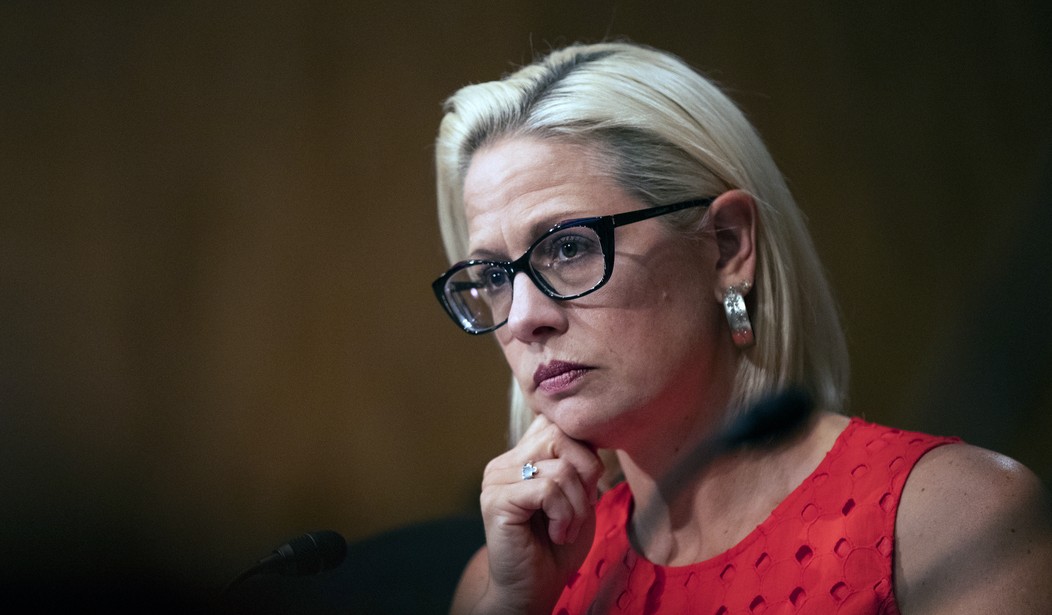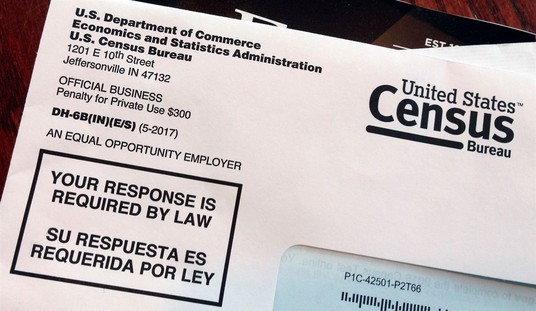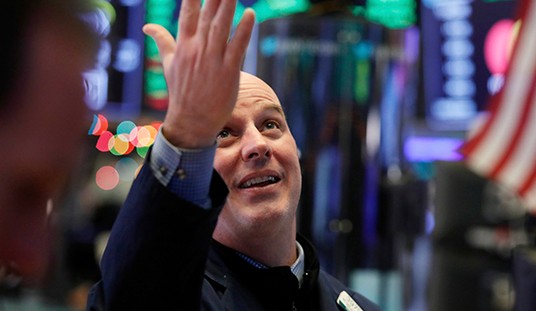Senator Joe Manchin (D-WV) is defending his decision about the “Inflation Reduction Act” legislation, saying that his stance on closing the tax loophole is firm, as he agrees with Senate Majority Leader Chuck Schumer (D-NY) on the legislation details.
The Democrats have attempted to close the tax loophole for years, but one Democratic Senator might not be on board. Kyrsten Sinema was a no-show on Thursday during the Senate Democratic Caucus meeting.
As RedState’s Nick Arama reported, Sinema might not be on board with the deal as it stands right now.
Per The Hill, if the “Inflation Reduction Act passes:
“It would invest $369 billion in energy climate programs over the next 10 years and $300 billion to reduce the deficit. It would be added to legislation to lower prescription drug prices and extend expiring health care subsidies.”
“After many months of negotiations, we have finalized legislative text that will invest approximately $300 billion in deficit reduction and $369.75 billion in energy security and climate change programs over the next ten years,” Schumer and Manchin announced in a joint statement. “The investments will be fully paid for by closing tax loopholes on wealthy individuals and corporations.”
“It would raise $739 billion in new revenue through a variety of proposals, according to a one-page summary provided by the negotiators: $313 billion through a 15-percent corporate minimum tax, $288 billion from empowering Medicare to negotiate lower drug prices, $124 billion from strong IRS enforcement of tax law and $14 billion from closing the carried interest loophole for money managers.”
Increasing the corporate tax rate to a minimum of 15 percent will not increase wages, as some may believe, and it could also cause a worker shortage.
According to The Hill, on Thursday, Manchin told reporters he would urge to keep the carried interest provision, as some Democrats have tried to close the carried interest loophole. He said:
“I’m not prepared to lose it … What we have is a good bill that’s fair with everybody. It’s a give-and-take proposition. My goodness, on scenarios like that — I think the people that have benefited from carried interest for years and years and years knew that they had a good run, it was long overdue to get rid of it and you can’t justify it anymore.”
Manchin added that asset managers are not risking their capital. They are being given a fee or income for a service provided to someone else.
“How in the world can you take advantage of someone who has their capital at risk, basically their money at risk and all you do is have your time involved, and you’re going to get same benefits they do? … None that of that makes sense.”
A 2021 Forbes piece gave more details on Manchin’s plan:
“One piece of his current plan is to raise the federal corporate income tax rate from 21% to 28%. While this does not directly violate his pledge, there is plenty of evidence that raising corporate income taxes affects all workers by reducing wages, slowing employment growth, and impeding innovation.”
“The burden on shareholders also affects people in the middle class through retirement accounts and pensions. Over half of American workers are saving for retirement via a workplace retirement plan. Investments in the stock market are impacted by corporate tax increases that reduce corporate profits and thus stock market returns. This is true whether those investments are in a defined contribution plan like a 401(k) or a defined benefit plan like many government pensions.”
Raising the corporate tax might sound like the right move, but as Forbes stated, it’s far from the right move.
It remains to be seen if Sinema will join her party and vote for this legislation.













Join the conversation as a VIP Member